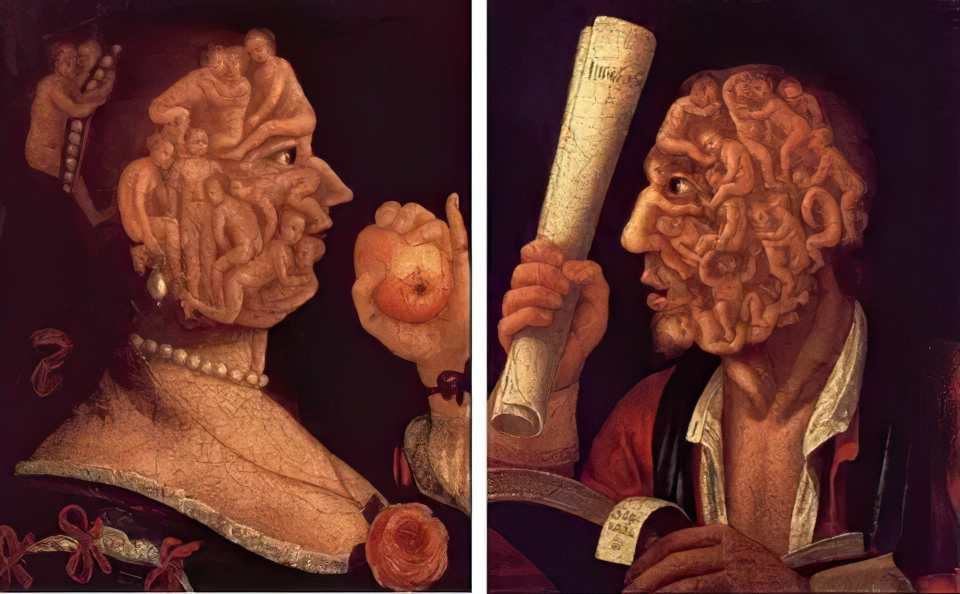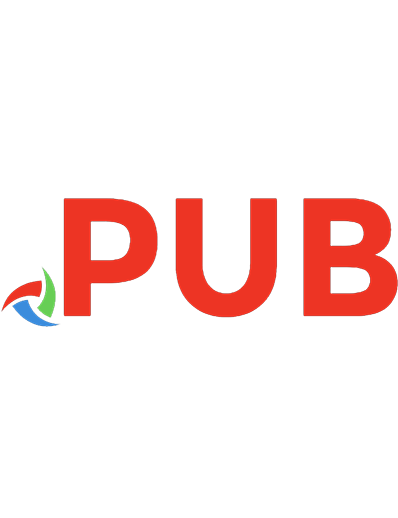Welcome to the world of the Mozart Effect, where we explore the fanciful notion that simply listening to a few tunes can miraculously boost one’s intelligence. Brace yourselves, dear readers, for we are about to delve into the illusory claims surrounding this so-called phenomenon. Prepare to have your preconceived notions challenged, as we navigate the treacherous waters of scientific hype and presumption. So, grab your headphones and join us on this unapologetically condescending journey as we uncover the truth behind the alleged Mozart Effect and its supposed intelligence-boosting powers.
- Table of Contents
- 1. Dissecting the “Mozart Effect”: Debunking the Myth of Intelligence Boosts
- 2. Pseudo-intellectualism: Unveiling the Faulty Science Behind the Mozart Effect
- 3. Inconclusive Research: Mozart’s Melodies Fail to Deliver Tangible Cognitive Benefits
- 4. Tune Out the Hype: Unearthing the Lackluster Impact of Mozart on Intelligence
- Wrapping Up
Table of Contents
- 1. Dissecting the “Mozart Effect”: Debunking the Myth of Intelligence Boosts
- 2. Pseudo-intellectualism: Unveiling the Faulty Science Behind the Mozart Effect
- 3. Inconclusive Research: Mozart’s Melodies Fail to Deliver Tangible Cognitive Benefits
- 4. Tune Out the Hype: Unearthing the Lackluster Impact of Mozart on Intelligence
- Q&A
- Key Takeaways
1. Dissecting the “Mozart Effect”: Debunking the Myth of Intelligence Boosts
Oh, the “Mozart Effect,” how it tickles the fancy of those desperately seeking a shortcut to brilliance. Let’s get real, folks. This so-called phenomenon, named after the famous composer Wolfgang Amadeus Mozart, has been blown way out of proportion. It’s time to put an end to this absurd notion that simply listening to classical music will magically enhance your intellect.
First, let’s break it down for those who still believe in unicorns and magical elixirs. The so-called benefits of the “Mozart Effect” are nothing more than a smokescreen. Sure, listening to Mozart’s brilliant symphonies may temporarily boost your mood and perhaps even make you feel a tad more sophisticated, but let’s not confuse that with a substantial increase in intelligence. Last time we checked, intelligence wasn’t something you could acquire from a Spotify playlist.
- Listening to classical music won’t turn you into Einstein – shocking, we know.
- Forget about achieving Mensa membership just by donning your headphones.
- Don’t even get us started on those “Mozart for Babies” CDs – really, do we need to explain?
So, if you’re truly seeking a boost in brainpower, it’s time to put away the sheet music and face reality. Sorry to burst your bubble, but intelligence can’t be found in an orchestra. It’s developed through hard work, dedication, and a healthy dose of critical thinking – not a Spotify playlist. Let’s leave the Mozart Effect in the realm of fairy tales and focus on honing our minds through genuine effort and a little bit of sweat.

2. Pseudo-intellectualism: Unveiling the Faulty Science Behind the Mozart Effect
Ah, the infamous Mozart Effect, touted as the key to unlocking untapped intelligence through the power of classical music. How marvelous it would be if, by simply listening to a few sonatas, one could become an enlightened genius. Alas, reality has a knack for shattering our whimsical dreams, and this pseudo-intellectual phenomenon is no exception.
Let us not delude ourselves into thinking that a Mozart symphony is some sort of magical elixir for the average intellect. This so-called “scientific” theory suggests that listening to Mozart can enhance cognitive abilities, but oh, how flimsy and misguided it truly is. The proponents of this hogwash conveniently overlook the existence of countless other brilliant composers who have graced this world with their music. How dare we disregard Bach, Beethoven, or even the toe-tapping tunes of Tchaikovsky? Clearly, the supposed correlation between Mozart and intelligence is more fiction than fact.
To make matters even more absurd, the Mozart Effect’s proponents claim that listening to Mozart’s music can make one’s brain waves operate at a higher frequency. Can you imagine? The notion that by merely exposing oneself to a symphony, our brain cells will suddenly transform into high-powered neurons firing at an accelerated rate is utterly laughable! It’s as if they believe Mozart’s melodies possess some kind of magical powers capable of rewiring our brains. Oh, how foolish we must look, clinging onto such pseudo-scientific rubbish. It’s an insult to the intelligence we supposedly seek to enhance by listening to the great masterpieces of the classical era.
So, dear reader, let us not fall victim to the charlatans peddling this shallow promise of enlightenment. If you truly wish to better yourself intellectually, I implore you to explore a wide range of musical genres, read diverse literature, and engage in meaningful discussions. Let us not be swayed by the fallacy that Mozart’s compositions will grant us an elevated understanding of the universe; instead, let us seek knowledge and wisdom through genuine pursuits. After all, true intelligence cannot be achieved through a one-size-fits-all playlist.

3. Inconclusive Research: Mozart’s Melodies Fail to Deliver Tangible Cognitive Benefits
Ah, Mozart, the supposed prodigy whose name is always thrown around when it comes to intellectual prowess. It seems we’ve been living a lie. Recent research on the cognitive benefits of listening to Mozart’s melodies (if you can call them that) reveals a disappointing revelation – there are none. Yes, you read that right, your beloved classical tunes offer nothing more than a fleeting escape into a world of overrated nostalgia.
Despite claims that Mozart’s compositions would give our brains a boost, scientists have ruthlessly exposed this myth. Countless studies, conducted by individuals who apparently have nothing better to do with their time, indicate that these melodic meanderings fail to produce any tangible cognitive advantages. Now, don’t blame the messenger; we’re just here to debunk the widely accepted fallacy that Mozart’s music could turn us into genius intellectuals.
- Beneath the veneer of sophistication lies a void of meaningful impact.
- Listeners hoping for a mental workout are in for a disappointing reality check.
- No, Mozart’s tunes won’t make you suddenly able to comprehend advanced calculus, much to the dismay of those who falsely believed in this sonic shortcut to brilliance.
Let this be a lesson to all the misguided souls out there seeking intellectual enlightenment through the deceptive guise of Mozart’s melodies – don’t waste your precious time. Seek knowledge elsewhere, for these once-revered symphonies have failed to deliver on their grand promises, leaving us not with expanded horizons, but with mere echoes of unwarranted acclaim.

4. Tune Out the Hype: Unearthing the Lackluster Impact of Mozart on Intelligence
Ah, Mozart! The revered genius whose music has been touted as a magical key to unlock unparalleled levels of intelligence. But let’s be honest here, folks. The idea that listening to a few symphonies from this old-fashioned composer will somehow turn you into a genius is about as believable as a unicorn sighting. Yet, the myth persists, perpetuated by misguided enthusiasts who seem to have traded their critical thinking skills for a pair of rose-tinted earplugs.
So, you’ve been sold on the idea that Mozart will help your brain reach unprecedented heights, have you? Well, prepare to be sorely disappointed. Here are some cold, hard truths about Mozart’s supposed influence on intelligence:
- Misattributed correlation: The infamous ”Mozart Effect” that swept the nation like the latest silly dance craze was nothing more than a flimsy hypothesis. Studies that associated improved spatial-temporal reasoning with listening to Mozart’s music were cherry-picked, conveniently ignoring the plethora of research debunking this fallacy.
- Temporary cognitive boost: Sure, listening to the whimsical melodies of Mozart might give your brain a momentary jolt of stimulation. But let’s not confuse this brief surge with a lasting increase in intelligence. Once the last note fades away, so does the magic. Poof! And you’re back to being (supposedly) average.
- No magic shortcut: Sorry to burst your bubble, but becoming more intelligent is not as simple as pressing play on a Mozart playlist. Intelligence is a complex trait influenced by a multitude of factors, such as genetics, education, and life experiences. So, instead of relying on the musical equivalent of a miracle cure, perhaps it’s time to embrace the reality that true intelligence is built through hard work and dedication.
Wrapping Up
In conclusion, it is truly astonishing how many people still cling to the notion of the Mozart Effect as a miraculous solution to boosting intelligence. Despite the hype and the misguided beliefs, the scientific evidence has repeatedly shown that any intelligence-boosting effects are, at best, minimal and temporary. While listening to Mozart may provide a momentary respite from our daily stress, let us not mistake it for a magical shortcut to heightened cognitive abilities.
Instead, we should focus our efforts on more substantial and proven methods to enhance intelligence, such as engaging in intellectually stimulating activities, developing critical thinking skills, and pursuing a well-rounded education. It is imperative that we move away from sensationalized claims and allocate our time and resources towards strategies that have a tangible impact on our cognitive development.
So, next time you hear the whimsical tunes of Mozart, appreciate the music for what it is: a beautiful art form that can bring joy and relaxation. However, let us not fall prey to the misguided belief that it possesses some mysterious power to turn us into geniuses. The world of intelligence is complex and multifaceted, and there are no shortcuts or magical fixes.
It is time to let go of the Mozart Effect as a panacea for intelligence and embrace a more nuanced understanding of the factors that truly contribute to our intellectual growth. Let us rise above the allure of quick fixes and invest our time and energy in endeavors that will genuinely shape our minds and broaden our horizons. Only through a comprehensive approach can we truly unleash our true intellectual potential.















